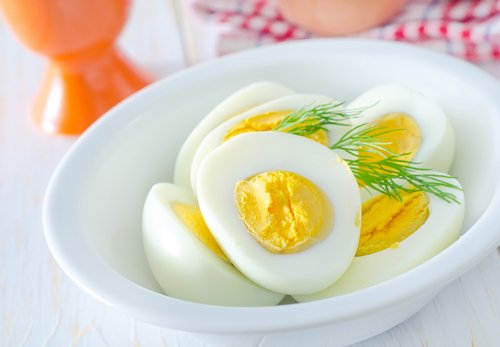Inside BENEO’s new pulse plant: pioneering sustainable protein from faba beans
Probably egg is the only natural source of protein and vitamins that we can safely feed our children
Eggs are the oldest, most affordable, and highest bio-available source of protein. Well, India is a highly protein-deficient country. Our per capita consumption of 70 eggs in a year as opposed to countries like Japan and China at 340 and 300 eggs per capita respectively. We produce less than 100 billion eggs in a year. The doctors recommend at the least 180 eggs per person in a year. Now that’s a long long way to go for us.
Nowadays we are witnessing further developments in the production of plant-based protein, which may be more resource-efficient, provided the economics are sound. We are already observing ethical and plant-based meat/dairy companies grow significantly in the west. The industry is indeed very keen to watch and learn about the new innovations that happen in the protein space in general. As far as India is concerned, taste and cultural fit, apart from nutrition or bioavailability of protein and cost are the prerequisites for any food getting accepted by the mainstream. So, if the plant-based innovations are able to cut through these barriers and are able to meet these criteria, it will surely do well.
On the other hand, eggs have one of the lowest carbon footprints. Eggs are also an important source of protein and have all the nutrients and vitamins required for a wholesome diet especially for women and children. Some of the biggest deficiencies that you see now are Vitamin D3 and B12. Now eggs are the only source that’s naturally rich in both and having 2 or 3 eggs a day can give you the daily recommended intake of these micronutrients.
Now all proteins are not the same. The so-called plant-based options that we are talking about, we don’t know the bio-availability of the same. We can surely say that the amount of dal or almonds one needs to have to be able to achieve the DRI (Daily Recommended Intake) of protein is very high. And the bioavailability is not even close to what an egg is providing. So, your source of protein matters.
We also need to throw some light on one of the commonly seen allergies in recent days, which is also heavily overlooked and is been identified as a source of a lot of health and hormonal problems. This is nothing but a gluten intolerance or a gluten allergy. Eggs are naturally gluten-free.
In addition, we also keep reading about ‘Ovo Vegetarianism’ as it’s a fast-growing concept in India and this means including eggs in the vegetarian or vegan diet and thereby completing the dietary requirements on a daily basis. Such is the importance of the age-old and ultimate source of protein & eggs in one’s diet. In general, eggs complete your diet, and it has all the required micro and macronutrients, and its easily available everywhere and is extremely affordable too. Today amidst a situation of the pandemic, one can also see that even the govt-recommended diet for people in quarantine or with early symptoms includes an egg daily amongst other foods.
Probably egg is the only natural source of protein and vitamins that we can safely feed our children. We are sure that its wholesome, will not cause them any harm whatsoever, and can be fed in a form that they would love. Today, industry is investing a lot in developing fun and healthy products in the snacking space with the goodness of eggs for both children and adults. Especially for young budding talents in sports, eggs become an important part of their diet, as a lot of other sources of protein like whey or casein are literally not an option.
Today our biggest challenges are to make sure we up the consumption of eggs and to make India a protein-positive nation. The industry is fully committed to this mission and we welcome as many people to join us in this effort.
Abhishek Negi, Co-Founder, Eggoz, Gurugram

